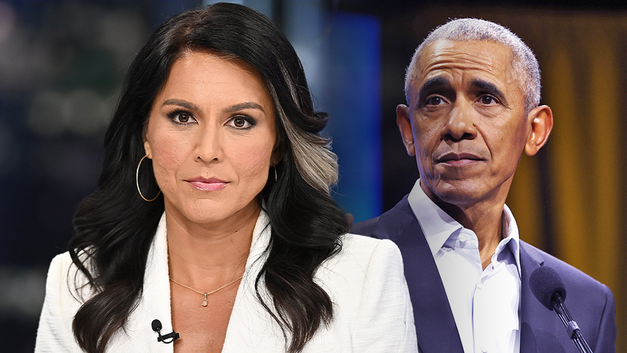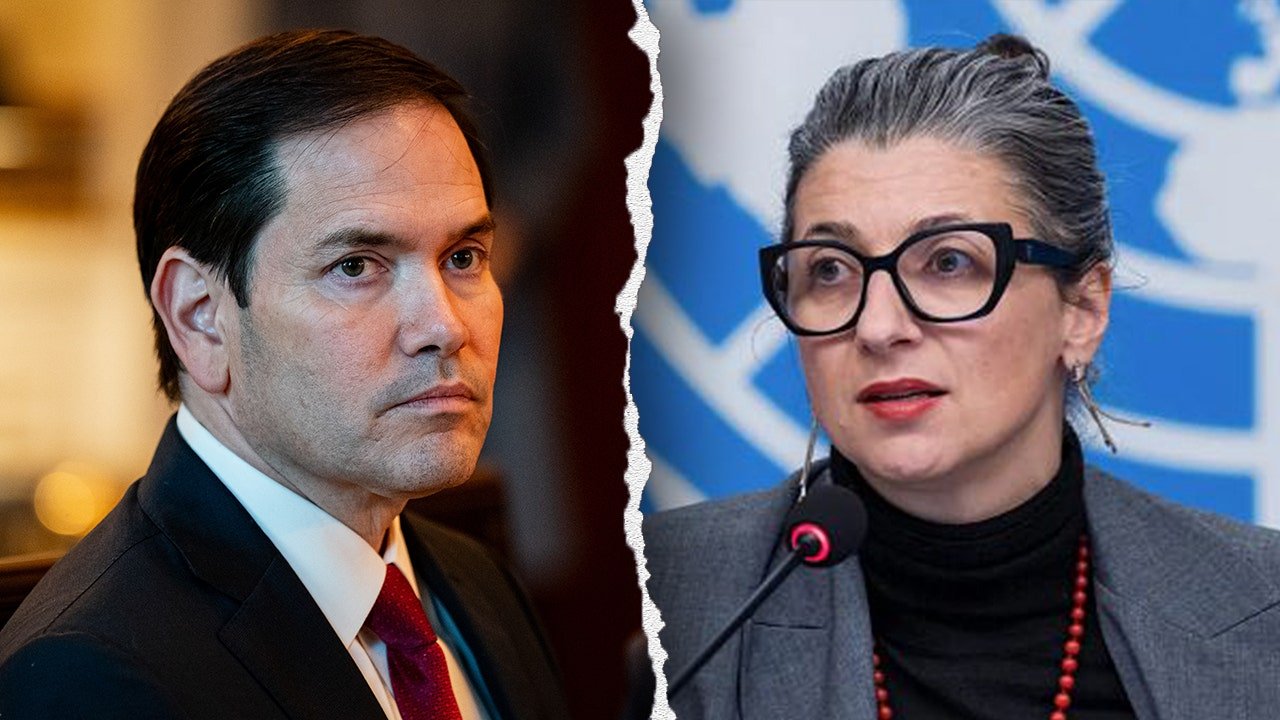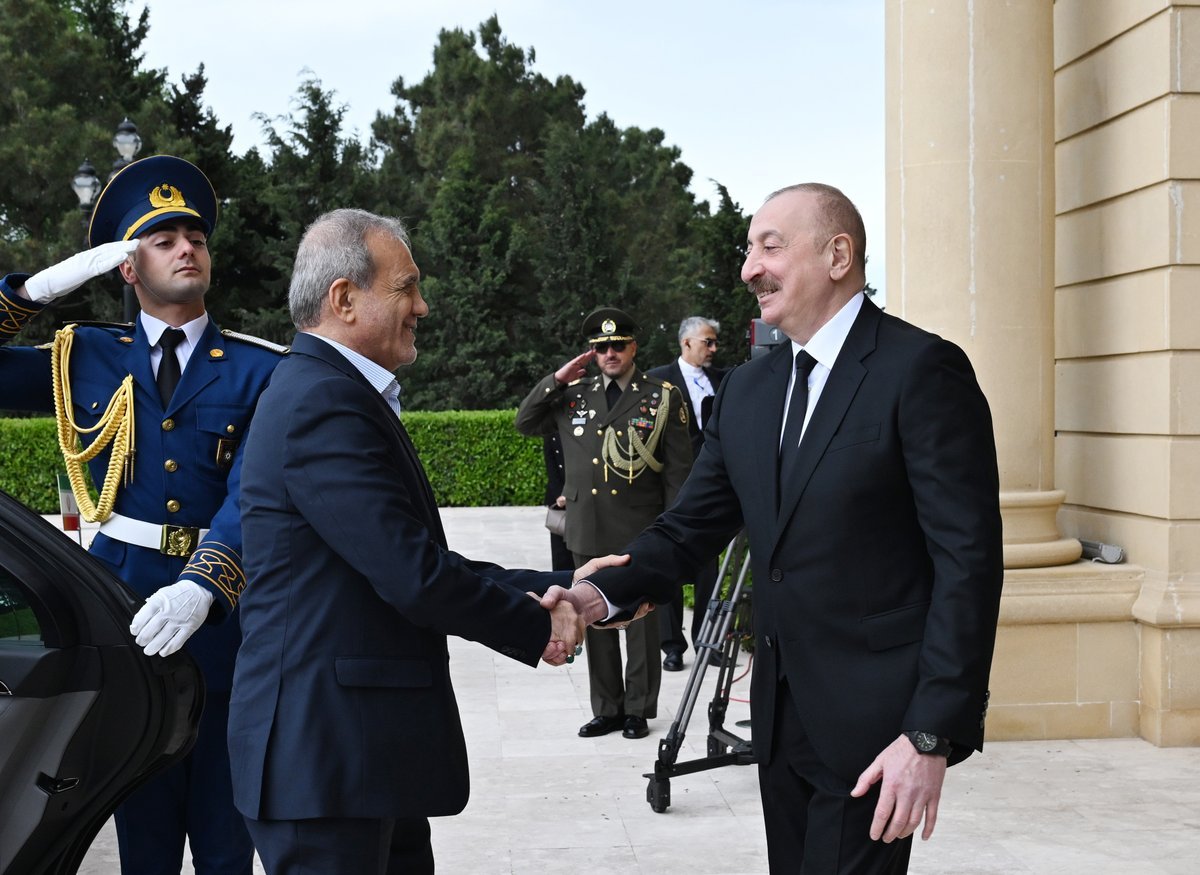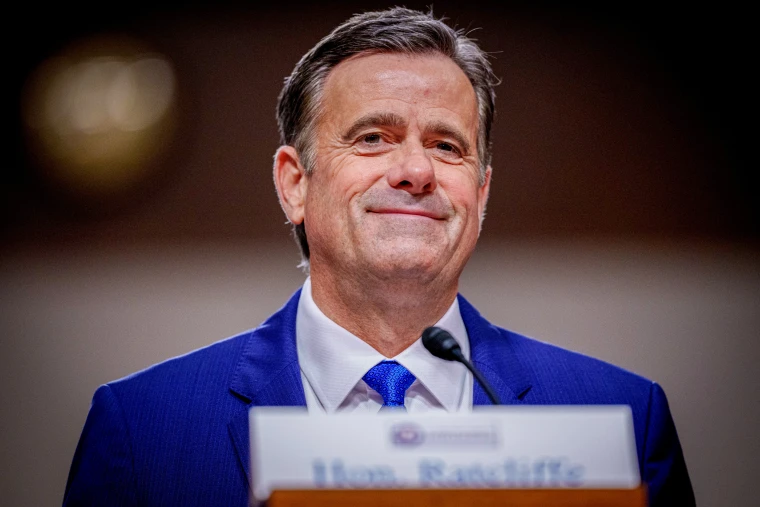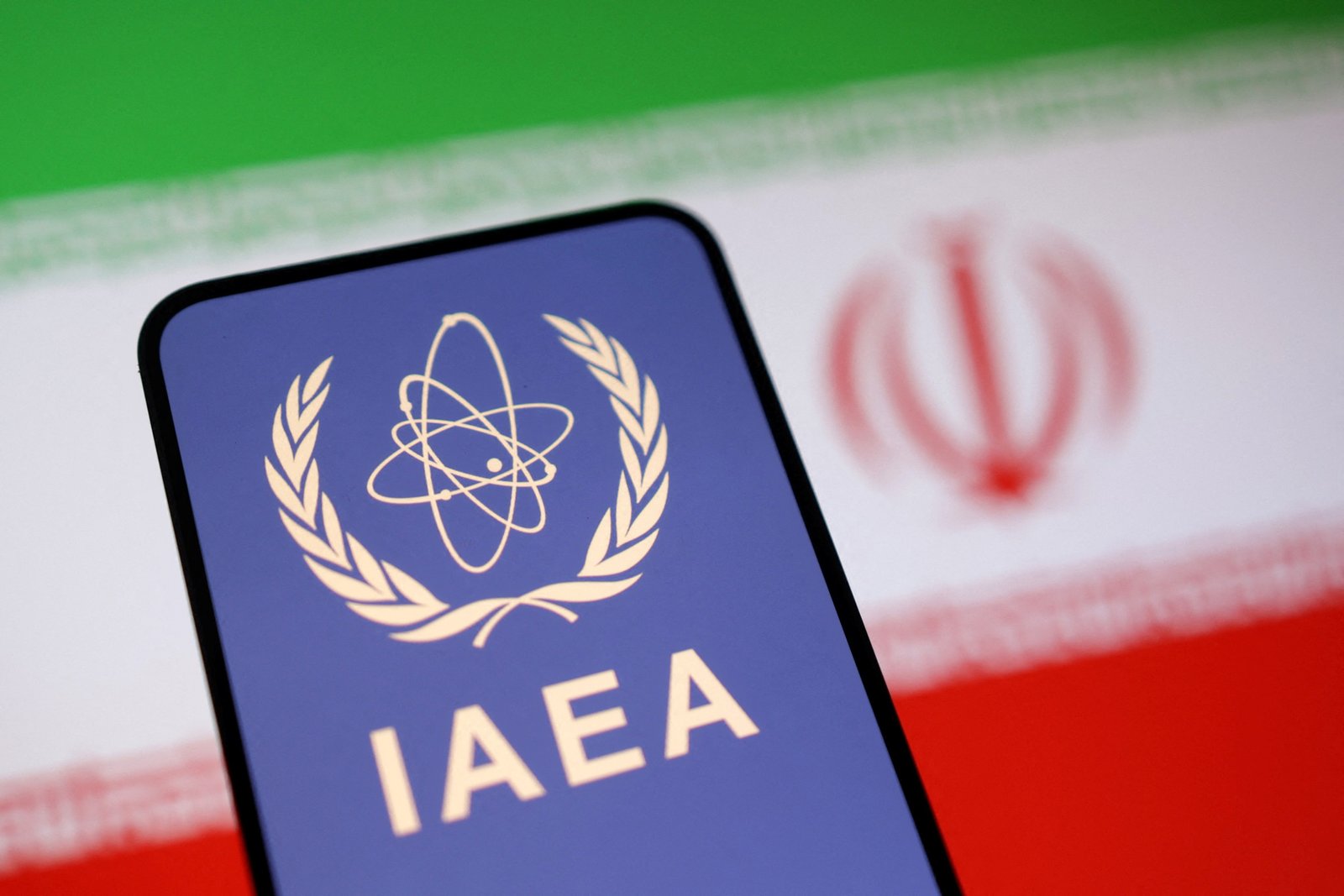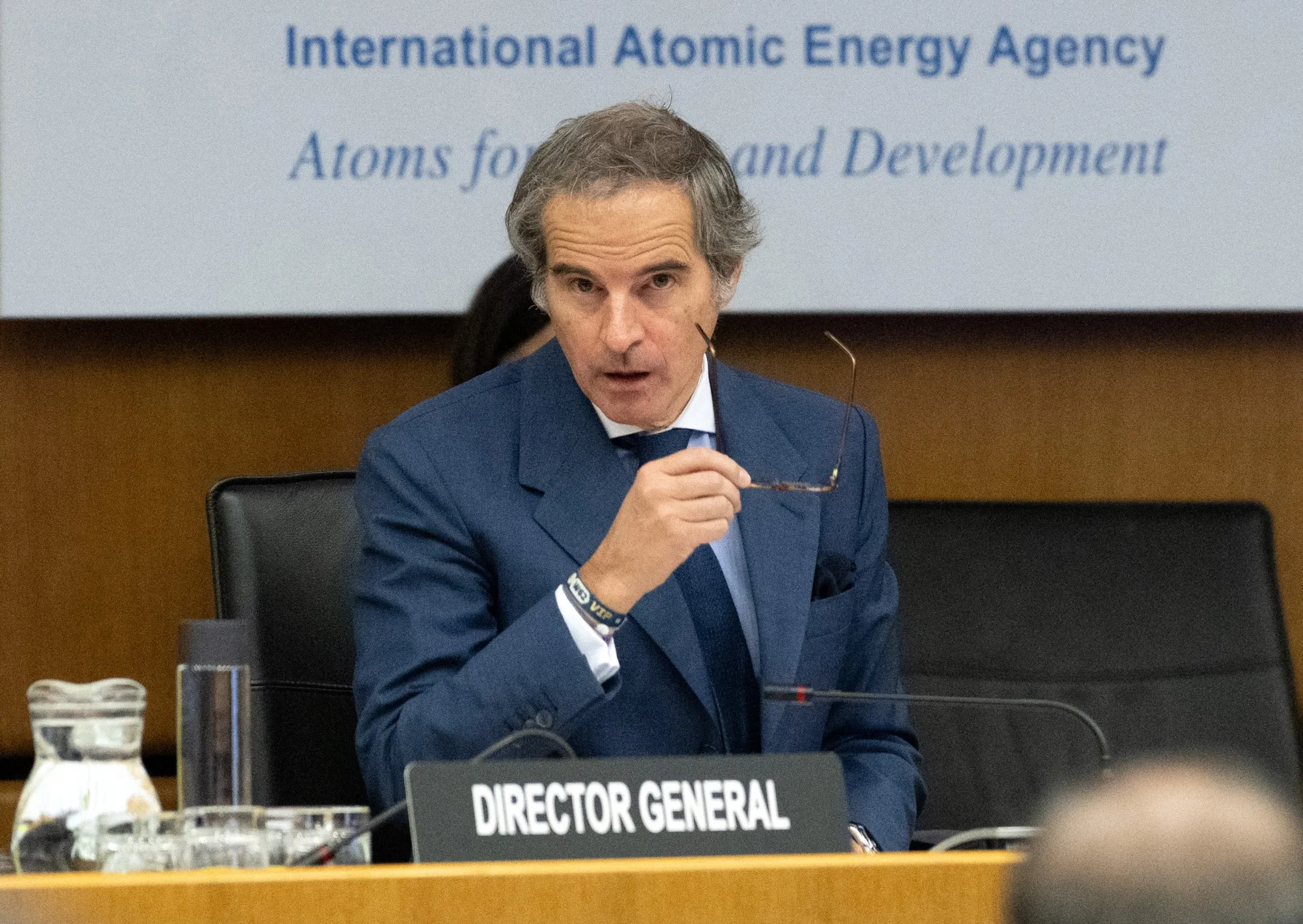In Gaza, why do Israeli thinkers consider all this talk about stopping the war?
News Desk, CSB NEWS USA: This is about 2015. Maya went to Greece to help Syrian refugees.
In Gaza, why do Israeli thinkers consider all this talk about stopping the war?
News Desk, CSB NEWS USA: This is about 2015. Maya went to Greece to help Syrian refugees. She is an Israeli Jew. At that time, Maya, a young refugee student, was studying in Germany. She deeply empathized with the plight of asylum seekers in Greece, who were mainly Palestinian, born in Syria. In 1948, when Israel was established in the Palestinian territories, these Palestinians’ fathers and grandfathers fled to Syria for refuge.
In Greece, Maya met many Palestinians among the Syrian refugees, whose birthplace was Syria. They were the descendants of those Palestinians who fled to Syria when Israel was established in the Palestinian territories in 1948. They called the situation that created the displacement from their homes by the Israeli authorities nakba, or catastrophe.
Maya, now 33, didn’t know about being a refugee of Palestinians. She began to learn about Israel only after leaving there and going elsewhere. She started to fill the gaps in her knowledge only after leaving Israel.
There are Israeli activists who identify themselves as anti-Zionist, opposing the establishment of a separate state only for Jews for the protection of all Jews in the world. However, many Israeli activists working against Zionism consider Jewish supremacism to be a form of historical Palestinian displacement from the historic Palestinian territories and the systematic oppression of those Palestinians who still remain in those territories, be they Israeli citizens or residents of occupied territories.
But since the beginning of the Israeli attacks in Gaza on October 7th, many Israelis have been in danger. Many have faced accusations of treason for protesting the indiscriminate killing of innocent Palestinians. It’s said that the punishment being imposed on some people in Gaza is “hellish.”
Maya said, “Those who are anti-Zionist have always said that the response to events like October 7th is not Jewish supremacy. Without leaving Israel, Israelis cannot understand the Palestinian refugees’ stories of displacement and their right to return to their homeland.”
In Gaza, people are being massacred, and many are calling for an end to Israeli attacks. It is said that the punishment being imposed on some people in Gaza is “hellish.”
Maya said, “Those who are anti-Zionist have always said that the response to events like October 7th is not Jewish supremacy. Without leaving Israel, Israelis cannot understand the Palestinian refugees’ stories of displacement and their right to return to their homeland.”
“Traitor” taunts
Israeli opponents of Zionism claim that since October 7th, there has been a prevailing atmosphere of reprisal in political and social conditions. Many say that police brutality is being used to suppress anti-war protests. Many also say that those who oppose Israeli hawkishness regularly receive threats.
Maya said, “I know very well that the police know about us. They know us very well. They know we’re leftists, and that’s why they describe us as traitors.”
In response to the war, such thinking is given to Israeli patriots as treasonous. They are also vilified through social media. And through this, attempts are made to silence these Israelis’ voices of dissent.
Maya said, “Many Israeli opponents of Zionism have been accused of spreading lies, claiming that her partner has ties to Hamas. These false accusations were made public by these Israelis.”
Israeli thinkers are saying that since October 7th, they have been in danger due to the military conflict. There is an ongoing effort to suppress dissenting voices. There are many Israelis who have been subjected to regular threats from right-wing Israelis.
Another Israeli, Roy, 28, sat with Al-Jazeera at a café in West Jerusalem. He said, “We are silenced by the police within two minutes of gathering to protest.”
A few weeks later, Roy participated in a quiet protest in front of a police station in Jerusalem.
Roy had another friend named Noa. As part of a silent protest initiative, their mouths were covered with tape. Yet, the police cracked down on the protest and beat the protesters.
Noa said, “I know very well that the police know about us. They know us very well. They know we’re leftists, and that’s why they describe us as traitors.”
Israeli thinkers are hoping that someday, sooner or later, others will understand their position. Because all these Palestinians are human beings just like them.



